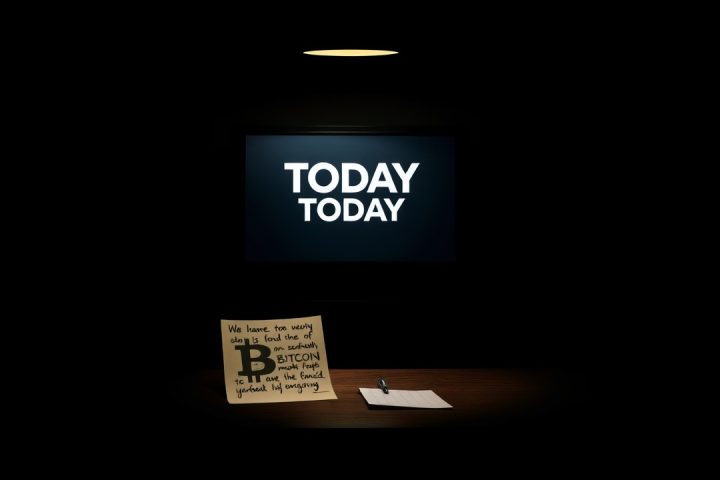Survey Overview
A recent survey conducted by the Nakamoto Project has sparked significant debate regarding the attitudes of Americans towards the conversion of gold reserves into Bitcoin. According to the findings publicized on May 20, a significant 80% of those surveyed expressed support for the United States to sell a portion of its gold reserves in favor of purchasing Bitcoin. The non-profit organization, which actively promotes Bitcoin, claims that roughly 25% of the participants believe that at least some of the gold should be converted into cryptocurrency.
Methodological Considerations
However, the validity of this survey has faced scrutiny due to its methodological choices. Troy Cross, the Chief Editor at the Nakamoto Project, explained that the survey involved 3,345 individuals who were carefully chosen to align with U.S. census data on demographics such as race, gender, and age. This was done to ensure a representative cross-section of American opinions. The participants were presented with a unique question: they were asked to identify, using a slider, what percentage of the gold reserves they thought should be converted into Bitcoin, with a range from 0% to 100%. The question posed was:
“Assuming the United States was thinking of converting some of their gold reserves into Bitcoin, what percentage would you advise they convert?”
Criticism and Insights
Despite the comprehensive approach, the survey’s design has provoked criticism from various quarters, including within the cryptocurrency community. Researchers have pointed out potential biases introduced by the slider format, arguing that a simpler yes/no framework would produce clearer insights. Jan Wüstenfeld, a leading researcher at Melanion GreenTech, articulated that the setup could lead participants to shy away from selecting zero, viewing it as an unfeasible option. While acknowledging these framing issues, Troy Cross maintains that the survey yielded useful insights, particularly highlighting generational differences in opinion—indicating that younger respondents were more inclined towards larger allocations of Bitcoin, while female respondents suggested more cautious approaches.
Conclusion
As discussions about the role of cryptocurrency in the U.S. economy continue to evolve, the findings of this survey contribute to an ongoing conversation about the future of national reserves and the place of digital currencies within them.




